Ti45Nb-Pulver für die additive Fertigung
Ti45Nb-Pulver, ein Wunderwerk der Materialwissenschaft, schlägt Wellen im Bereich der additiven Fertigung.
| Metallpulver | Größe | Menge | Preis/kg |
| Ti45Nb | 15-45um | 30KG | 499 |
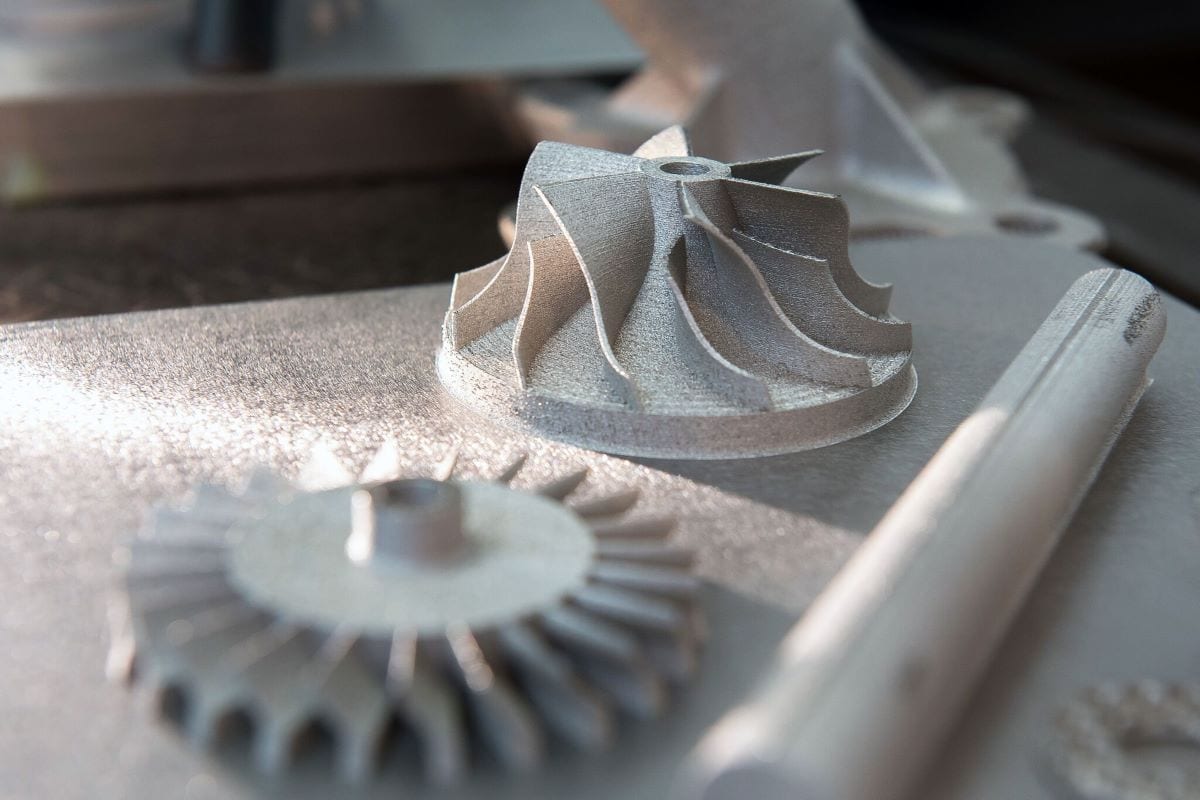
The world of metal 3D printing is a fascinating landscape, brimming with possibilities for creating complex and robust components. But within this realm, two titans stand out: Electron Beam Melting (EBM) and Directed Energy Deposition (DED). While both utilize a focused heat source to build parts layer by layer, their
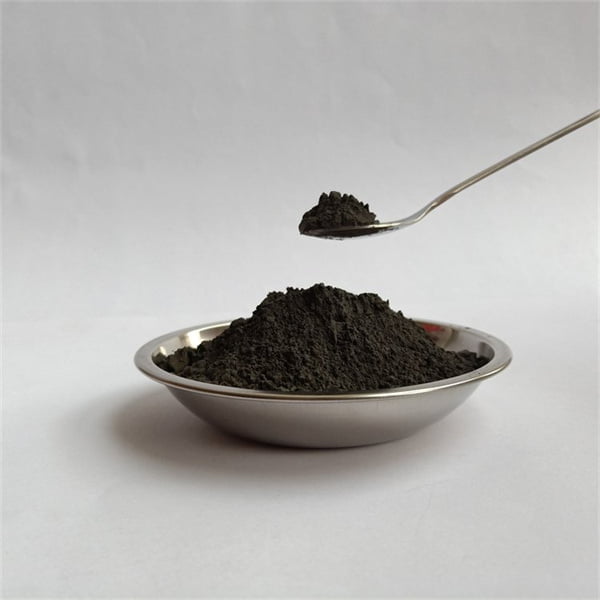
Imagine crafting intricate metal objects layer by layer, with each pass meticulously building your design. That’s the magic of metal additive manufacturing, and two prominent technologies dominate the scene: Material Jetting and Electron Beam Melting (EBM). But which one reigns supreme for your project? Buckle up, because we’re diving deep
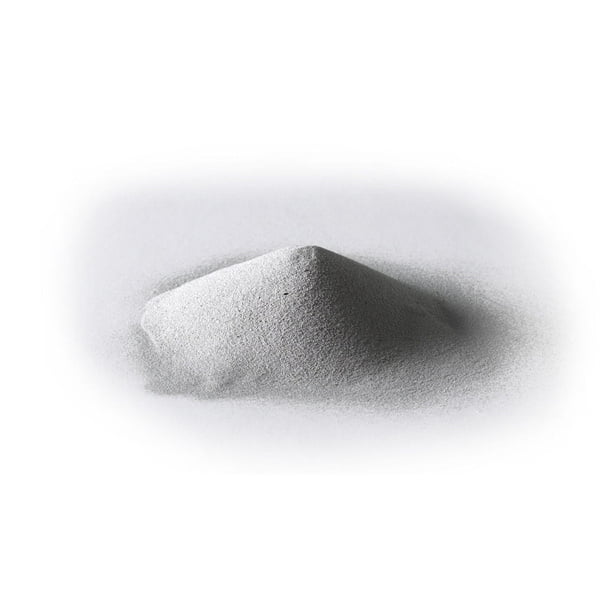
The world of 3D printing continues to evolve at a breakneck pace, offering exciting possibilities for creating complex metal objects. But with so many technologies vying for attention, choosing the right one for your project can be a daunting task. Two prominent contenders in this arena are Electron Beam Melting
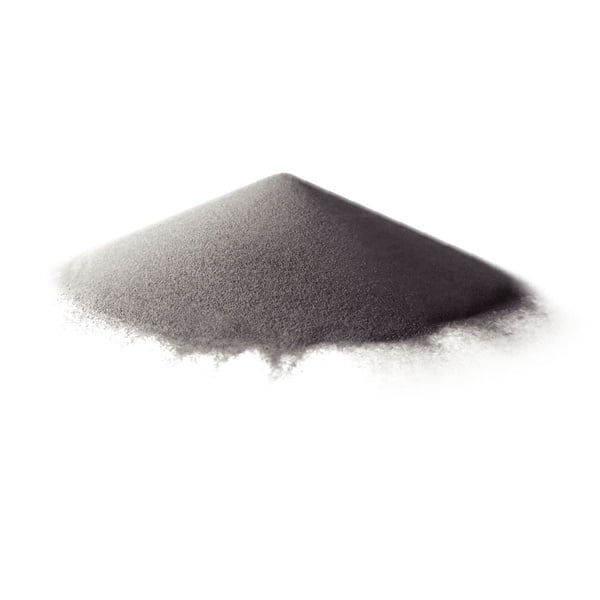
Imagine building complex metal objects layer by layer, with each layer meticulously fused to create a final, three-dimensional masterpiece. This isn’t science fiction; it’s the magic of metal additive manufacturing, also known as 3D printing. But within this realm of creation lie two titans: Electron Beam Melting (EBM) and Direct
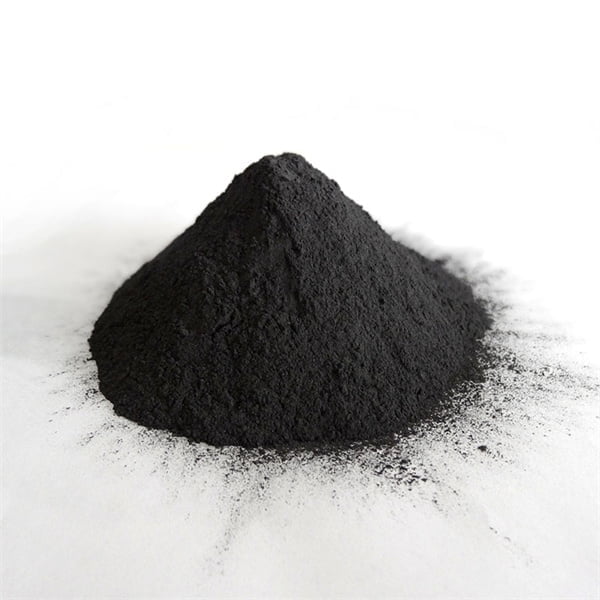
Nickel-based alloy 3D printing metal powder is a game-changer in the world of additive manufacturing. Imagine crafting intricate, high-performance parts directly from a digital file using a laser or electron beam to fuse layers of metal powder together. This isn’t science fiction; it’s the reality of 3D printing with nickel
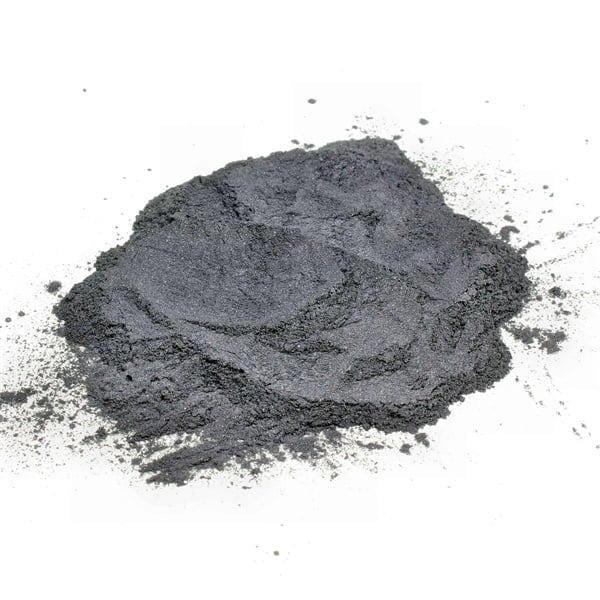
Stellen Sie sich vor, Sie könnten komplexe Objekte mit der Stärke und Vielseitigkeit von Aluminium herstellen, aber mit der unvergleichlichen Freiheit des 3D-Drucks. Diese transformative Vision wird mit dem 3D-Druck von Aluminiumlegierungspulver Wirklichkeit und revolutioniert die Art und Weise, wie wir funktionale Teile entwerfen und herstellen. In diesem Leitfaden werden die Geheimnisse dieser bemerkenswerten Produkte gelüftet
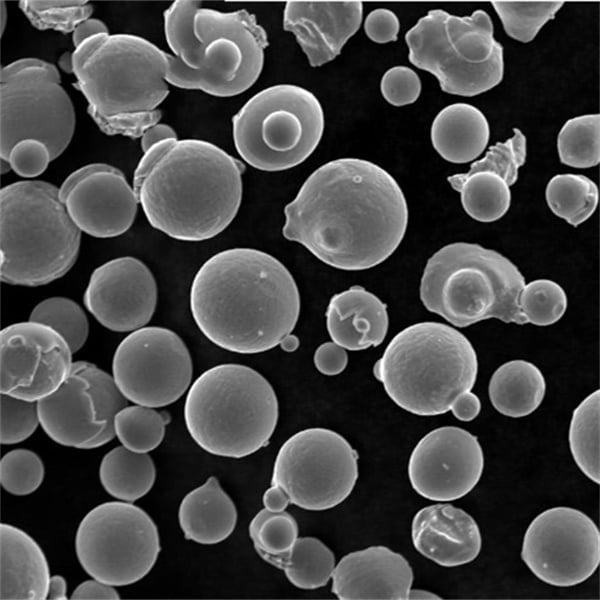
The world of 3D printing has revolutionized manufacturing, opening doors to unprecedented levels of design freedom and intricate part creation. But what fuels this innovation? Enter the realm of metal powders, the microscopic building blocks that become the awe-inspiring objects we see today. Amongst these powders, titanium alloy Ti6Al4V reigns
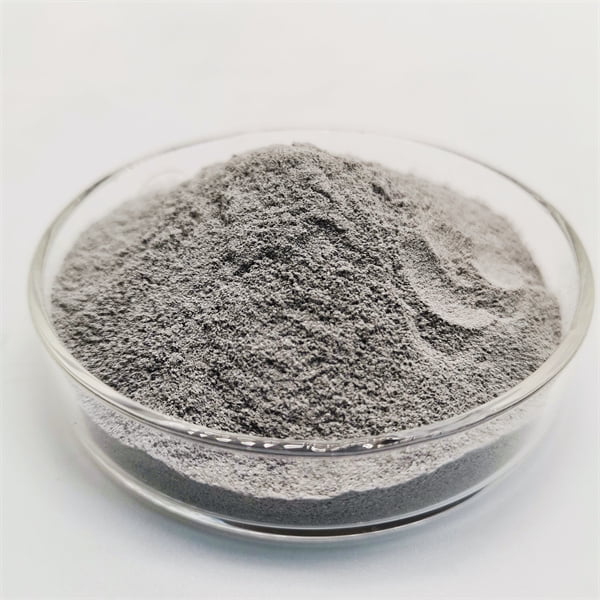
The world of manufacturing is undergoing a significant transformation, and at the heart of this change lies the remarkable technology of 3D printing. But 3D printing isn’t just for creating plastic trinkets anymore. It’s rapidly making inroads into the realm of metalworking, particularly with mold steel 3D printing metal powder.
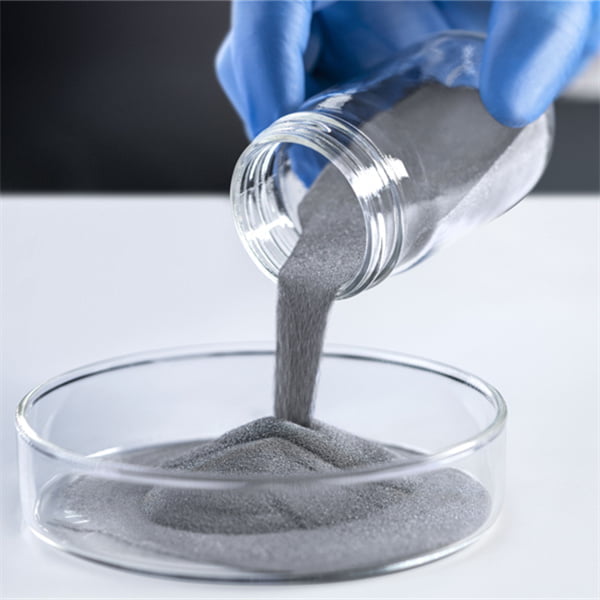
Stainless steel. The name itself evokes images of strength, resilience, and a touch of modern elegance. It’s no surprise then that this wonder material has found its way into the cutting- edge world of 3D printing. But what exactly makes stainless steel 3D printing metal powder tick? Buckle up, because
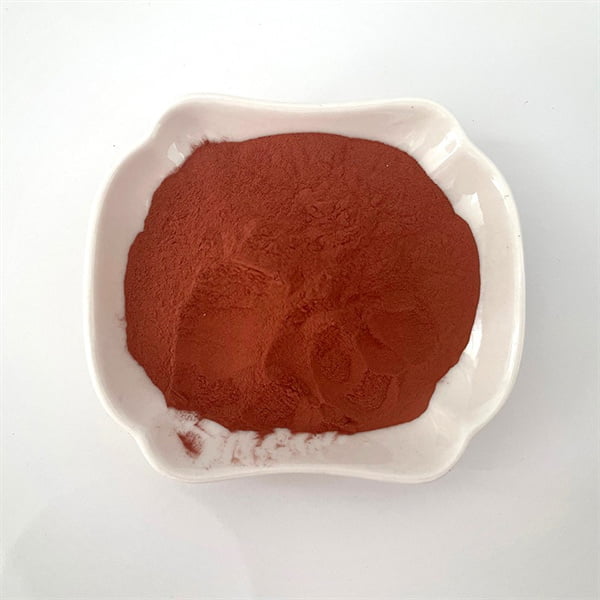
The world of 3D printing has exploded in recent years, revolutionizing how we design and manufacture everything from toys to prosthetics. But have you ever stopped to wonder what the magic ingredient is that allows us to build complex metal objects layer by layer? The answer lies in the heart
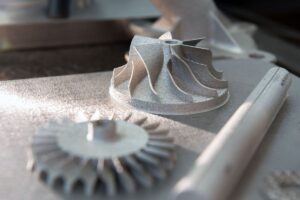
The world of metal 3D printing is a fascinating landscape, brimming with possibilities for creating complex and robust components. But within this realm, two titans stand out: Electron Beam Melting (EBM) and Directed Energy Deposition (DED). While both utilize a focused heat source to build parts layer by layer, their underlying processes and resulting products
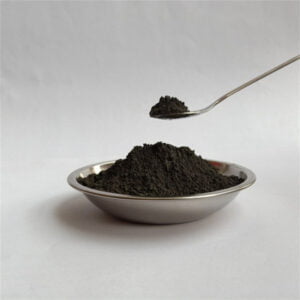
Imagine crafting intricate metal objects layer by layer, with each pass meticulously building your design. That’s the magic of metal additive manufacturing, and two prominent technologies dominate the scene: Material Jetting and Electron Beam Melting (EBM). But which one reigns supreme for your project? Buckle up, because we’re diving deep into a head-to-head comparison, dissecting
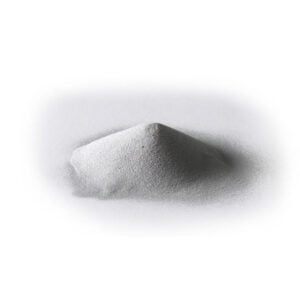
The world of 3D printing continues to evolve at a breakneck pace, offering exciting possibilities for creating complex metal objects. But with so many technologies vying for attention, choosing the right one for your project can be a daunting task. Two prominent contenders in this arena are Electron Beam Melting (EBM) and Binder Jetting. Both
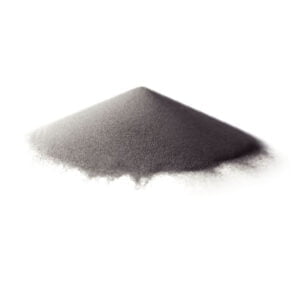
Imagine building complex metal objects layer by layer, with each layer meticulously fused to create a final, three-dimensional masterpiece. This isn’t science fiction; it’s the magic of metal additive manufacturing, also known as 3D printing. But within this realm of creation lie two titans: Electron Beam Melting (EBM) and Direct Metal Laser Sintering (DMLS). While
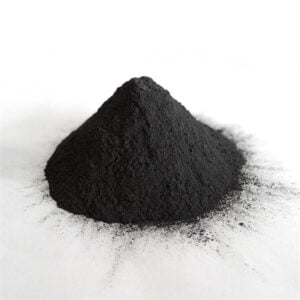
Nickel-based alloy 3D printing metal powder is a game-changer in the world of additive manufacturing. Imagine crafting intricate, high-performance parts directly from a digital file using a laser or electron beam to fuse layers of metal powder together. This isn’t science fiction; it’s the reality of 3D printing with nickel alloys, and it’s opening doors
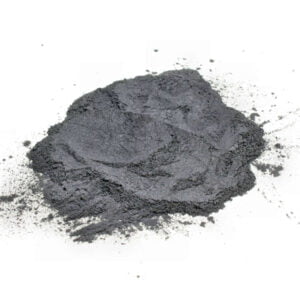
Imagine crafting complex objects with the strength and versatility of aluminum, but with the unparalleled freedom of 3D printing. This transformative vision becomes reality with 3D Printing Aluminum Alloy Powder, revolutionizing the way we design and manufacture functional parts. Delve into this guide to unlock the secrets of these remarkable materials, exploring their properties, applications,
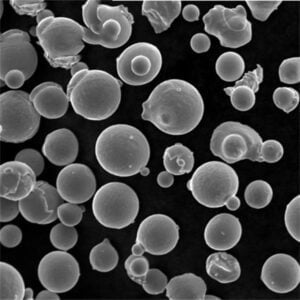
The world of 3D printing has revolutionized manufacturing, opening doors to unprecedented levels of design freedom and intricate part creation. But what fuels this innovation? Enter the realm of metal powders, the microscopic building blocks that become the awe-inspiring objects we see today. Amongst these powders, titanium alloy Ti6Al4V reigns supreme, offering a unique blend
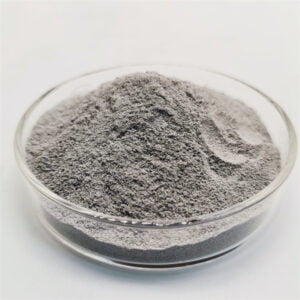
The world of manufacturing is undergoing a significant transformation, and at the heart of this change lies the remarkable technology of 3D printing. But 3D printing isn’t just for creating plastic trinkets anymore. It’s rapidly making inroads into the realm of metalworking, particularly with mold steel 3D printing metal powder. This innovative material is opening
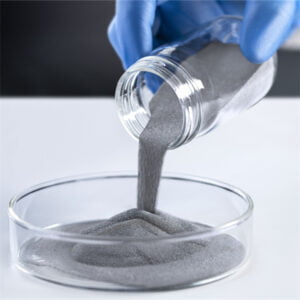
Stainless steel. The name itself evokes images of strength, resilience, and a touch of modern elegance. It’s no surprise then that this wonder material has found its way into the cutting- edge world of 3D printing. But what exactly makes stainless steel 3D printing metal powder tick? Buckle up, because we’re about to embark on
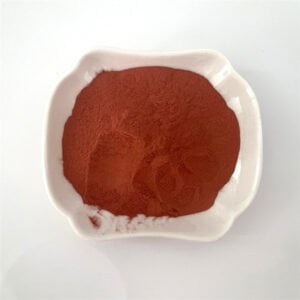
The world of 3D printing has exploded in recent years, revolutionizing how we design and manufacture everything from toys to prosthetics. But have you ever stopped to wonder what the magic ingredient is that allows us to build complex metal objects layer by layer? The answer lies in the heart of the process: 3D printed

Ti45Nb-Pulver, ein Wunderwerk der Materialwissenschaft, schlägt Wellen im Bereich der additiven Fertigung.
| Metallpulver | Größe | Menge | Preis/kg |
| Ti45Nb | 15-45um | 30KG | 499 |

Spherical Stainless Steel Powder 15-5PH gehört zur angesehenen Familie der ausscheidungshärtenden (PH) Edelstähle. Wie der Name schon sagt, hat das Pulver eine kugelförmige Form, die für einen reibungslosen Fluss und eine außergewöhnliche Leistung in additiven Fertigungsverfahren wie Laserstrahlschmelzen (LBM) und Elektronenstrahlschmelzen (EBM) entscheidend ist.
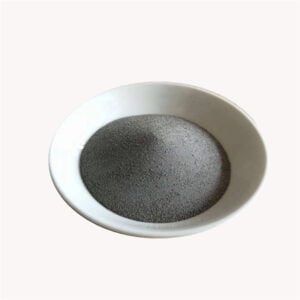
410L-Edelstahlpulver ist eine Art von Metallpulver, das für seine gute Ausgewogenheit von Festigkeit, Härte und angemessener Korrosionsbeständigkeit bekannt ist. Es wird häufig in additiven Fertigungsverfahren wie dem Metallspritzguss (MIM) verwendet, um komplexe und endkonturnahe Bauteile herzustellen.
Haben Sie Fragen? Senden Sie uns jetzt eine Nachricht! Wir werden Ihre Anfrage mit einem ganzen Team nach Erhalt Ihrer Nachricht bearbeiten.
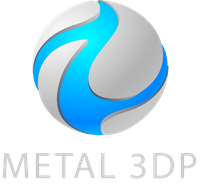
Metallpulver für 3D-Druck und additive Fertigung